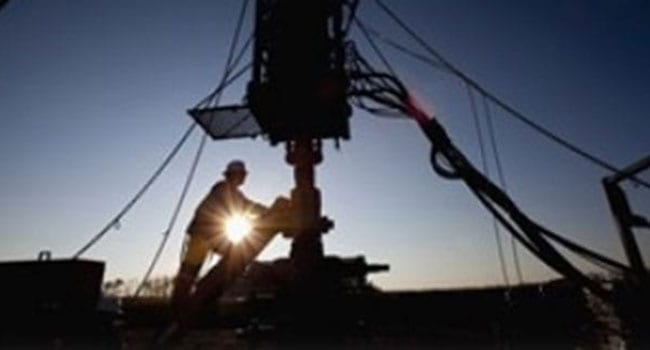 First there was precision agriculture. Then came decision ag. Now there’s smart ag.
First there was precision agriculture. Then came decision ag. Now there’s smart ag.
These terms describe fundamental changes in agriculture to better produce crops or livestock. It’s all about maximizing yield while minimizing costs and environmental impact.
They include everything from predictive analytics and digital technologies to soil management and crop protection strategies. Autonomous tractors. Bio-fertilizers. Variable rate inputs for applying seed and nutrients. Remote sensing. Biomass calculations. The list goes on.
Smart ag started in the technical realm but now includes the ethical and environmental, along the entire farm-to-fork value chain. It’s rapidly gaining attention from everyone from venture capital investors and transnational agribusiness players to governments and environmental groups.
Smart ag, ultimately, points to a positive and sustainable farming future.
Smart ag is also often linked to Canada’s role in feeding a hungry planet, as population growth outstrips the world’s capacity to fill demand. Canada is seen as a global linchpin, one of the handful of countries capable of producing vastly more food than it consumes.
The federal government has begun to talk about re-imagining Canada’s agriculture-food sector. That underscores the opportunities for the entire sector – to say nothing of the country’s gross national product.
That’s supported by the notion that smart ag is good (and big) business. A recent report estimated the global smart ag market’s economic impact will reach $40 billion by 2026.
The average person puts fork to mouth without a lot of thought about food’s journey from the field. So the reality that farmers and their partners in the processing chain are under a tremendous variety of pressures to get food right isn’t front and centre.
Farmers must deal with something similar to the energy sector’s social licence to operate. In agriculture, it can be described as the social licence to grow.
The ag and petroleum sectors, then, share a conundrum: how to more effectively communicate with a public that’s generally ignorant of what’s involved in getting gas into the tank or food onto the table.
Most folks understand, at some level, that farm and energy producers exist because consumers exist. But consumer ignorance, complacency and disinterest have always been confounding. And now, the societal demand for better performance from both sectors is clamorous.
Smart ag has many variations, including climate-smart agriculture, which examines the role agriculture plays in climate change and reducing greenhouse gas emissions.
Smart ag is not just about doing things better in the field. It also helps heighten the public’s consciousness about how food is produced and why rational dialogue about tough choices is critical.
The ag sector understands that trust is an issue and it’s trying to constructively tackle that issue.
The oil and gas sector also gets that social trust is one of its biggest challenges. So why hasn’t the oil and gas sector created its own version of smart ag?
It makes sense to link the two sectors in an effort to build trust.
In many ways, agriculture and energy are joined at the hip – by air, water and land.
Here’s an example: the United States Department of Agriculture just released a report that explores the relationship between the American diet and carbon dioxide production. In 2012, 13 per cent of emissions could be linked to how Americans eat (through production, processing, transportation and logistics).
The link between diet and emissions gives the two sectors an opportunity to talk more constructively.
For a start, the upstream petroleum sector might do well to study smart ag and its key message: better techniques make for improvements in everything from food safety and quality to the environment and climate.
The oil and gas sector is making parallel moves but hasn’t displayed the same creativity in coalescing around a central theme.
Smart ag is still in many ways figuring itself out. But it’s gaining momentum with the right constituencies.
The upstream oil and gas sector has great stories to tell, and it needs to build public trust. Watching how the ag sector handles these tasks would be time well spent.
Canadians need to be as connected to a smart-energy movement as they are to smart ag.
Bill Whitelaw is president and CEO at JuneWarren-Nickle’s Energy Group.
Bill is a Troy Media Thought Leader. Why aren’t you?
The views, opinions and positions expressed by columnists and contributors are the author’s alone. They do not inherently or expressly reflect the views, opinions and/or positions of our publication.


